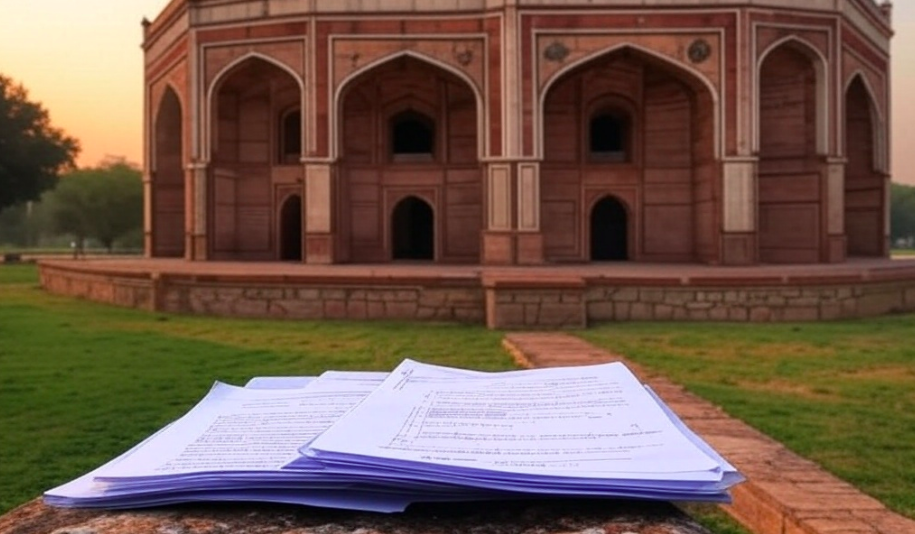As the cases of COVID-19 rise among the indigenous peoples and communities, there are reports of an increase in land-grabbing, criminalization, and environmental injustice, while also facing a decline in enforcement of rights. And under lockdown, the capacity to respond to these crises is limited.
In Brazil, the state-run indigenous agency, FUNAI, that establishes and carries out policies relating to indigenous peoples, issued an order barring access to indigenous lands because of the virus. Indigenous leaders across Brazil have promised to stay vigilant. In a statement, Sonia Guajajara, executive coordinator of Brazil’s Articulation of Indigenous Peoples (APIB), said: “We already face a systematic virus with institutionalized genocide and an authorized ethnocide with the denial of our territories. We will resist this pandemic with the collective care of our communities.”
In Indonesia, the Indigenous Peoples’ Alliance of the Archipelago (AMAN) has called for all communities to close their doors to outsiders, playing an important role in a country that has refused to act fast and early, and now has the most confirmed COVID cases in Southeast Asia. This has contributed to disparities that put indigenous peoples and other minorities at higher-risk in the COVID-19 crisis.
Brazil and Indonesia are also likely hotspots for forest fires as a result of rampant deforestation. Experts foresee a risk of larger and more destructive fires in the Amazon than those in 2019 because of the lack of law enforcement against illegal logging. As we approach fire season in these countries, there is a fear that it would add significant pressure on healthcare systems across Brazil and South East Asia.
In African countries, the pandemic has slowed down the passing of laws in favour of indigenous peoples and local communities. In addition, there are reports that land-grabbing is on the rise in some countries (for example Uganda and Kenya) as actors involved in land conflicts with local and indigenous communities are using the lull in oversight during the COVID-19 outbreak to strengthen their land claims.
In the United States, limited access to hospitals is just one reason native Americans are at greater risk from the coronavirus pandemic. According to the Centers for Disease Control and Prevention, the death rate for native people in the U.S. was four times greater than other groups during the 2009 H1N1 flu pandemic.
Note: This report is only a briefing on the research conducted by GSCC on this topic. Contact them for full research. The Global Strategic Communications Council (GSCC) is an international network of communications professionals in the field of climate and energy.








